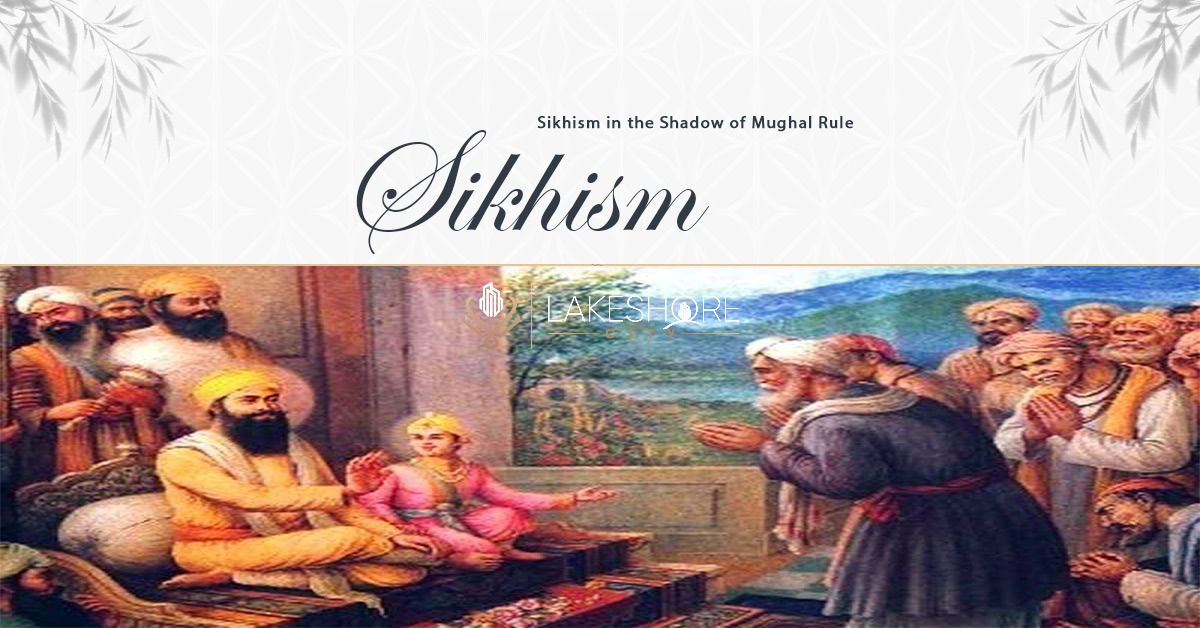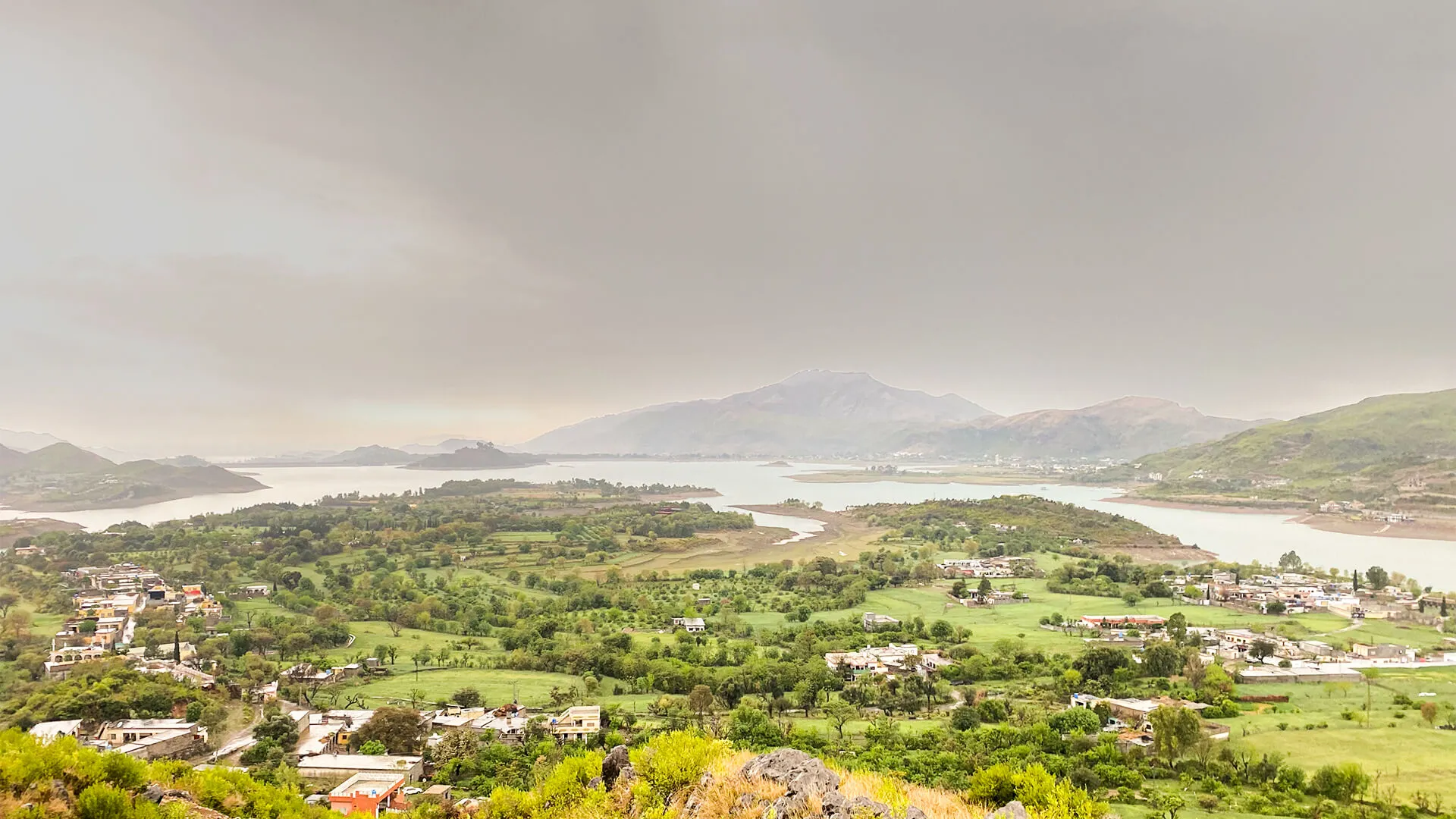During his rule from 1555 until 1605, Mughal Emperor Akbar was generally tolerant and peaceful toward the Sikh minority. The fourth guru, Ram Das (1534–1581), is reported to have had a cordial relationship with Akbar. Amritsar, the holy city for Sikhs, is said to have been founded on land handed by Akbar to Guru Ram Das, along with a small lake.
Jahangir, Akbar’s son, and successor, abandoned his father’s religious tolerance and instead violently opposed the Sikhs. Guru Arjan, the fifth guru, ruled at this time. Under Guru Arjan’s leadership, the Sikh community grew rapidly. In addition to compiling the Adi Granth, he was also a prolific hymn composer. The Darbar Sahib, often known as the Golden Temple, was constructed in the middle of the large lake in Amritsar during his reign. The death of Guru Arjan at the hands of Emperor Jahangir in 1606 had a profound effect on the Sikh religion and its followers. It set the stage for years of fighting between Sikhs and the Mughal administration.
At the tender age of eleven, Guru Hargobind took over the mantle of the sixth guru, armed with two swords and the words of his late father: “Let him sit fully armed on his throne and maintain an army to the best of his ability.” Guru Hargobind was resolved to protect the Sikh religion and culture at any cost. He uprooted his government to the Punjabi hills and started arming the locals. The Sikhs had begun to become increasingly militarized. Hargobind engaged the Mughal emperor Shah Jehan in war on multiple occasions.
Political pressure on both Sikhs and Hindus increased during the reign of the Mughal Emperor Aurangzeb. Guru Tegh Bahadur, the ninth Sikh guru, ascended to the throne in 1664. He gathered his troops and engaged in combat with Aurangzeb’s army. According to legend, he fought against the forced conversion of Sikhs and Hindus to Islam. Guru Tegh Bahadur was publicly killed by Aurangzeb in Delhi for refusing to convert to Islam. The Sis Ganj Gurdwara in Delhi’s Chandni Chowk neighborhood stands on the site of his 1675 death.
Gobind Singh, the tenth and last Sikh guru, lost his father at a young age. The young master was profoundly moved by the incident, and he penned the words, “When all other means have failed, it is just to resort to the use of the sword.” After Guru Nanak’s passing, Guru Gobind Singh rose to become the most powerful guru ever. He mustered a sizable army, making the Sikhs a serious military contender. When he passed away in 1708, he left behind the Guru Granth Sahib and the Khalsa, an elite group of Sikhs who are willing to risk all for their cause.
Our Featured Article:
Read More: Lost in Partition, the Sikh-muslim Connection Comes Alive in the Tale of Guru Nanak
Don’t miss the chance to invest with Lakeshore! Secure your investment today by investing your financial investment with Lakeshore in the following available options like Lakeshore City, Lakeshore Club, and Lakeshore Farms.
For More updates, please Contact +92 335 7775253 or visit our website https://lakeshorecity.com/
Lakeshore City is the upcoming elite lifestyle at Khanpur Dam. Offering no parallel amenities for the members and owners of distinguished farmhouses.
Become Part of Luxurious Lifestyle
Contact: 0335 7775253



